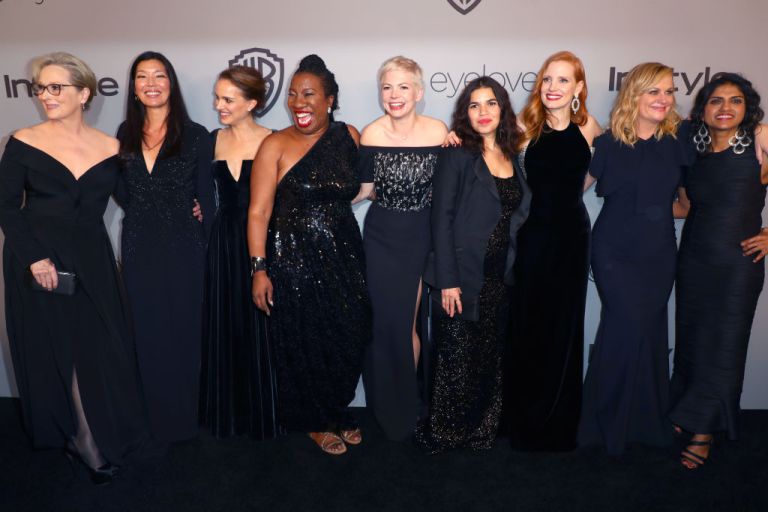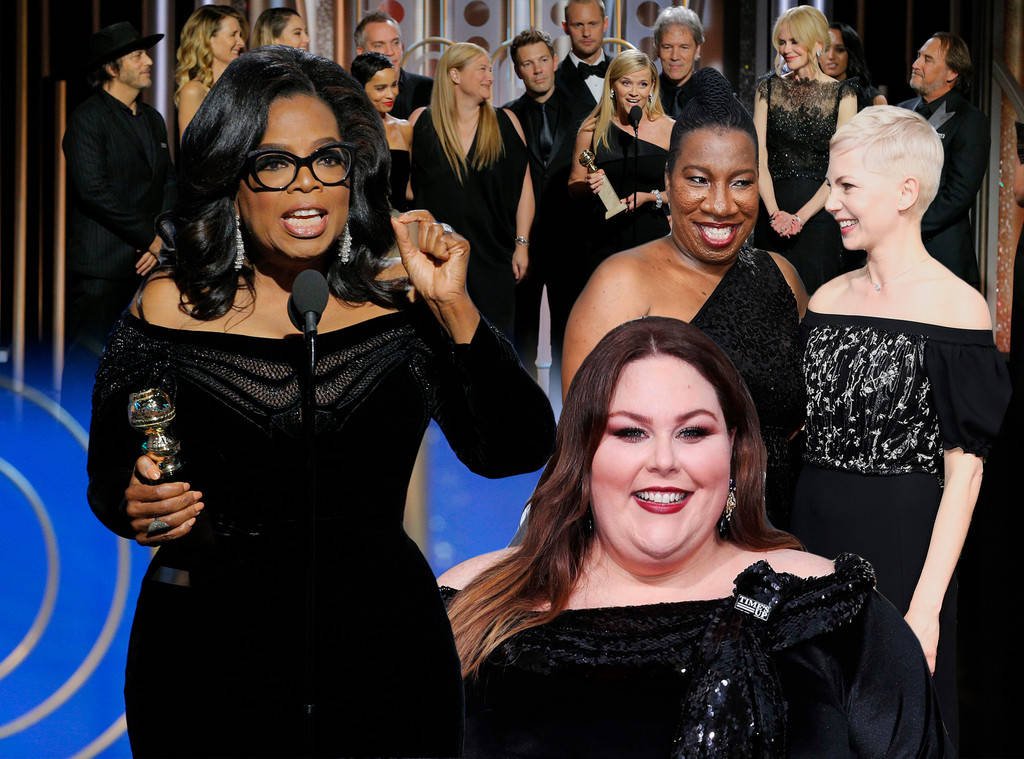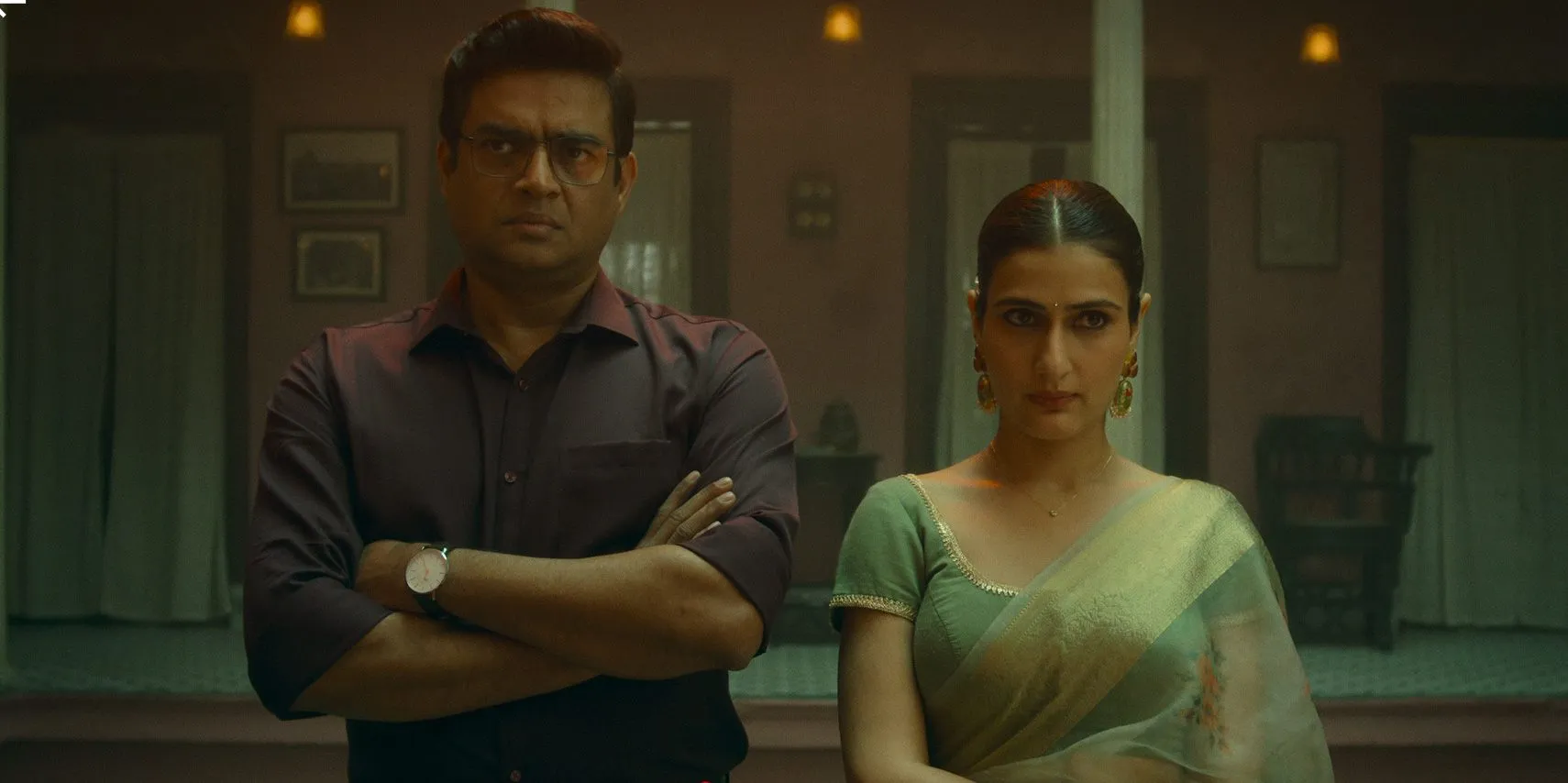In the 75th Golden Globe Awards, Hollywood stars showed their support to the Time’s Up movement and encouraged the conversation regarding workplace harassment that has taken the whole world by storm in the past few months. The Time’s Up movement is an organic sequel to the #MeToo campaign started in 2010 by Tarana Burke and revived recently on social media by Alyssa Milano after Harvey Weinstein’s decades of misconduct caught up with him.
Formed a few weeks ago, the movement witnessed the involvement of more than 300 women in Hollywood—executives, actors, agents, writers, directors, and producers. Stepping forward from the anecdotal retelling of the #MeToo campaign, the movement aims to expand the conversation about workplace harassment beyond the privileged class. Time’s Up aims to combat workplace sexism at its foundations: through legal recourse.
As one of its missions, the movement attempts to create legislation that will penalize companies that tolerate harassment and will discourage the use of nondisclosure agreements that have silenced voices of many survivors. The movement also includes a legal defence arm administered by the National Women’s Law Center’s Legal Network for Gender Equity, which will provide victims of sexual harassment with legal representation.
Time’s Up has also established a GoFundMe effort aimed at raising $15 million to provide legal support to women and men who have experienced workplace harassment. “Access to prompt and comprehensive legal and communications help,” the campaign notes.
To spread awareness about this movement, female stars dressed up in black to attend the 75th Golden Globe Awards. Many of them shared a common post on their social media accounts sharing the purpose of their monochrome attire with the hashtag #WhyWeWearBlack. Eight illustrious actresses including Meryl Streep, Emma Watson and Emma Stone attended the event with feminist activists in an effort to highlight the voices of the survivors.

Actor Meryl Streep, activist Ai-Jen Poo, actor Natalie Portman, activist Rosa Clemente, actors Michelle Williams, America Ferrera, Jessica Chastain, Amy Poehler and activist Saru Jayaraman. Photo by Joe Scarnici/Getty Images for InStyle.
Since the inception of the event, the powerful purpose of the movement was present in the foreground. Host Seth Meyers’ monologue was a witty start to the conversation about sexual harassment in the entertainment industry that surfaced several times at different instances of the evening.
Watching this powerful use of the public platform by Hollywood, many move the spotlight to the Indian counterpart of the entertainment industry, Bollywood. Bollywood award shows have been a source of criticism in the recent past for their credibility and reliability. However, another failure of these award shows is their representations as being divorced from larger political and social commentary.
Also Read: 7 Indian Women Cinematographers We Should Know About
Similar to the public platform provided by Hollywood award shows, Indian award shows are fervently watched across the country. However, this platform that brings together some of the most influential faces from the entertainment industry has not been utilized to bring a change.
https://www.youtube.com/watch?v=RQ7EE96Cnso
Rather, comedians like Sunil Grover and Ali Asgar dress up as women and ridicule femininity and gender identities. The emphasis and importance given to “The Best Actor” category in every award show is another example of the preference given to male actors in Bollywood movies, ignoring the contribution of female actors in the industry.
The patriarchal structure of the society is reinforced as male hosts take centre stage and female co-hosts are treated as mere eye candies. The most iconic host duos of Bollywood award shows, Shah Rukh-Saif or Ranbir-Imraan have no female duos in their ranks.
This year, Golden Globes highlighted the voice of the oppressed. On the other hand, Bollywood award shows have become a platform to propagate oppressive views wrapped in the garb of humour. Misogynist, sexist and crass humour appear regularly in award show scripts.
While interacting with the stars, male hosts shamelessly pursue young female actresses, while the actresses giggle and ignore their advances. While presenting an award for the “Best Wardrobe Malfunction” in 2008 Filmfare Awards, only two actors were nominated for this demeaning category. Incidentally, both these nominations were female actresses; reaffirming the importance of looks over skills.
Last year’s IIFA Awards became a site for the portrayal of the patriarchal voice which dominates these award shows. Seasoned Director-Producer Karan Johar was joined on stage by respected actors Saif Ali Khan and Varun Dhawan. They mocked Kangana Ranaut’s opinions and chanted ‘Nepotism Rocks!’
Karan Johar even went on to say, “Kangana naa hi bole toh achha hai… Kangana bahut bolti hai. (It’s better Kangana doesn’t say anything, she talks a lot.)” Hidden behind the curtain of humour, they belittled Kangana’s voice and opinion about a current and complex debate. Reiterating the fact that female opinions don’t hold any value in a patriarchal industry.
Therefore, the atmosphere created in Bollywood award shows can never be a welcoming platform to portray the voice of the oppressed. Hence, Bollywood fans have to hold their breaths for a long while before they see a display of power similar to the one we witnessed at the 75th Golden Globe Awards.
Also Read: The Bollywood Diva Song: Madwomen In Bollywood’s Attic
Featured Image Credit: E! Online
About the author(s)
Yoshita Srivastava is currently pursuing a Bachelors of Arts from Flame University, Pune where she is majoring in Literary and Culture Studies with a minor in Journalism. An avid reader, she takes a keen interest in social and political issues.




